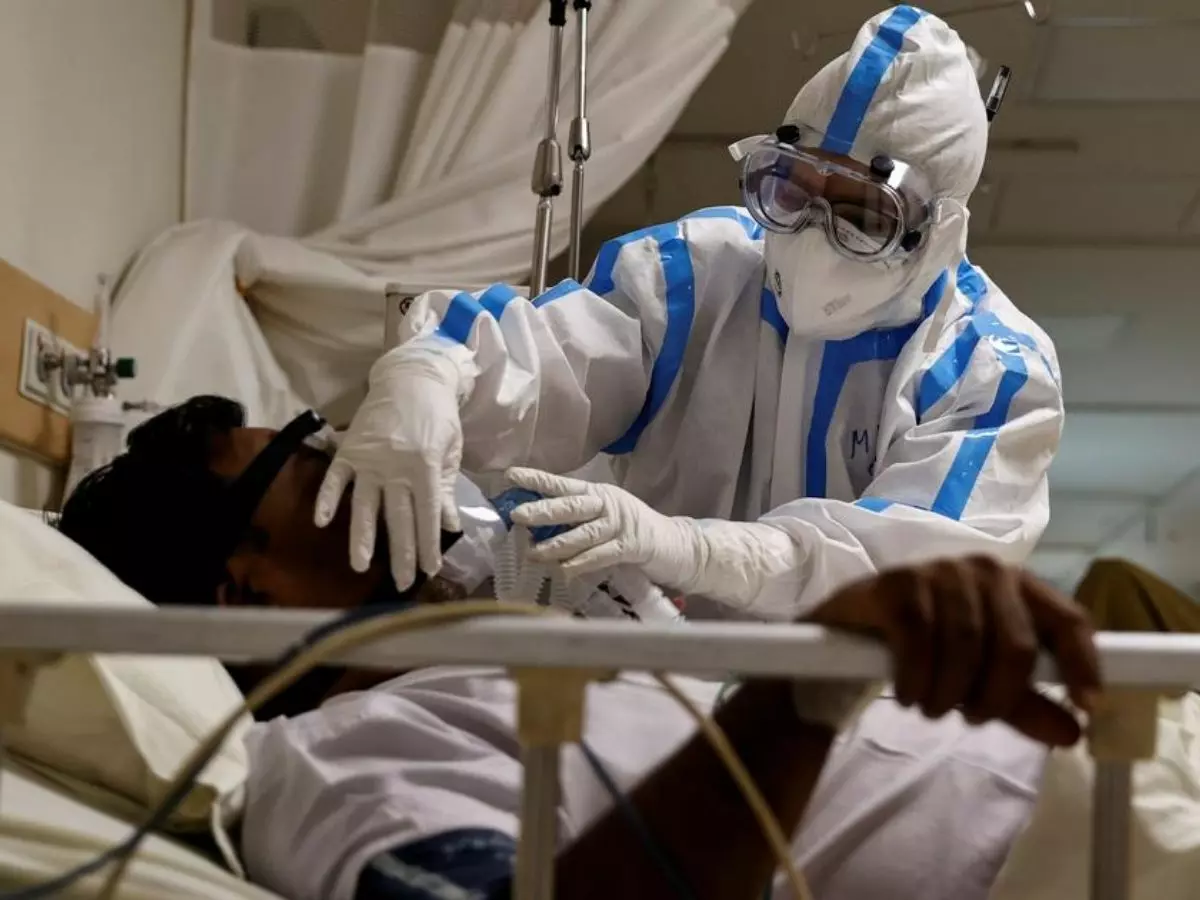COVID-19 Infection Could Reduce Fertility And Sperm Count In Men, Finds Study
Researchers have found that the novel coronavirus is seen to cause increased sperm cell death, inflammation and oxidative stress. This is because the receptors the virus uses to access lung tissue are also found in the testicles.

COVID-19 pandemic has made lives hell for most of us. Whether it¡¯s staying locked indoors or getting infected with the novel coronavirus and dealing with its after-effects.
And now, new research has revealed that SARS CoV-2 infection could damage sperm quality while reducing fertility in men.
 Reuters
Reuters
Reported first by AFP, researchers have found that the novel coronavirus is seen to cause increased sperm cell death, inflammation and oxidative stress. This is because the receptors the virus uses to access lung tissue are also found in the testicles.
Behzad Hajizadeh Maleki and Bakhtyar Tartibian from Justus-Liebig-University in Germany looked for biological markers that could highlight a negative impact on the fertility of an individual who was infected by the coronavirus.
They conducted the analysis at 10-day intervals for 60 days in 84 men who had COVID-19 and compared the data with 105 healthy men. Data showed that men who had COVID-19 showed an increase in markers of inflammation and oxidative stress in their sperm cells -- an indicator of a chemical imbalance that has the potential to damage DNA and proteins in the body.
Behzad Hajizadeh Maleki explained, "These effects on sperm cells are associated with lower sperm quality and reduced fertility potential. Although these effects tended to improve over time, they remained significantly and abnormally higher in Covid-19 patients. The more severe the disease, the bigger the changes.¡±
He added stating that the male reproductive system should be considered a vulnerable route of COVID-19 infection while also declaring it a ¡®high-risk organ¡¯ by the World Health Organization.
There are some concerns
Experts who weren¡¯t a part of the study have, however, cautioned that more information was needed before coming to harsh conclusions. Allan Pacey, a specialist in male reproductive medicine at the University of Sheffield highlighted that some of the indicators of a decrease in sperm count could be due to factors other than the novel coronavirus, stating that most of the test subjects were overweight.
 Reuters
Reuters
Moreover, the fact that only one group was very sick, regardless of the cause also needed to be considered. He highlighted that it¡¯s well established that a febrile illness can impact severely on sperm production, regardless of what caused it, so more data was needed to jump to absolute conclusions.
